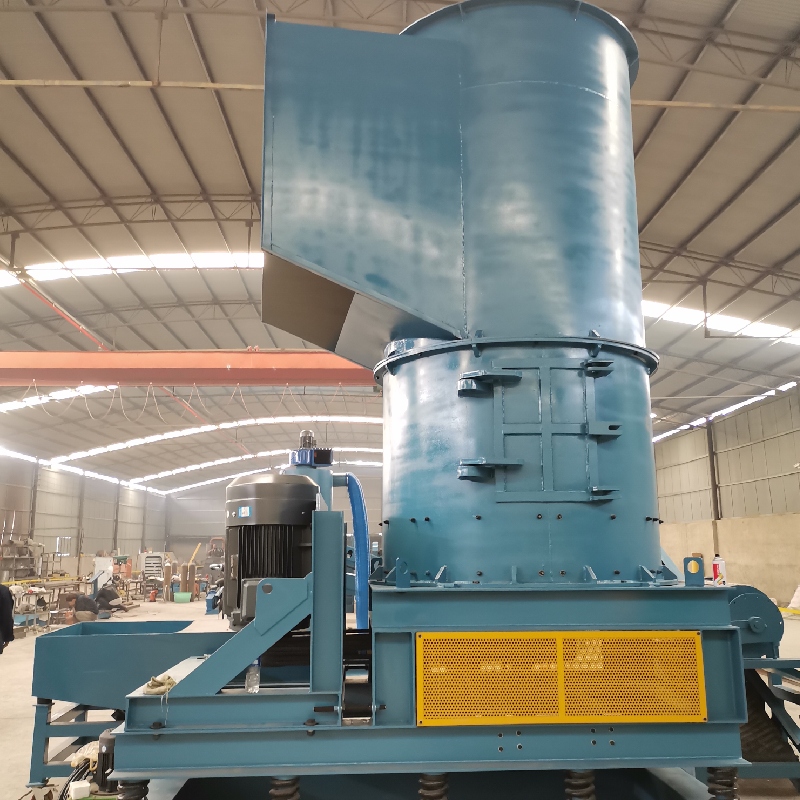

Nov . 10, 2024 21:00 Back to list
The Importance of Scrap Metal Processing Plants
In an age characterized by environmental awareness and sustainability, scrap metal processing plants play a crucial role in the recycling industry. These facilities are essential for managing the ever-growing volume of scrap metal generated from various sources, including industrial manufacturing, construction, automotive, and electronic waste. Efficient processing not only conserves resources but also minimizes environmental pollution and contributes to a circular economy.
The Scrap Metal Recycling Process
The process of recycling scrap metal begins with the collection and sorting of materials. Scrap metal can be divided into two main categories ferrous and non-ferrous metals. Ferrous metals, which primarily consist of iron and steel, are typically sourced from old vehicles, appliances, and industrial equipment. Non-ferrous metals, including aluminum, copper, lead, and zinc, are found in products such as electrical wiring, cans, and machinery.
Once collected, the materials are transported to a processing plant where they undergo rigorous sorting to ensure that different types of metals are separated. This is often achieved using magnetic separation for ferrous metals and various methods like eddy current separation for non-ferrous metals. After sorting, the metals are cleaned, shredded, and sometimes melted down depending on the recycling process. The end goal is to produce high-quality raw materials that can be sold to manufacturers for reuse in the production of new goods.
Economic Benefits
Scrap metal processing plants contribute significantly to local and global economies. By recycling metal, these facilities reduce the need for virgin materials, which can often be costly to extract and process. The recycling industry not only helps in lowering production costs but also creates jobs in collection, transportation, and processing.
Moreover, the scrap metal market can be quite lucrative. Prices for scrap metal fluctuate based on global demand, which means that both consumers and businesses can benefit financially from recycling initiatives. In many areas, local governments incentivize recycling through financial rewards, paving the way for a more sustainable waste management strategy.
Environmental Impact

The environmental impact of scrap metal processing cannot be overstated. Mining and refining new metals are energy-intensive processes that contribute significantly to greenhouse gas emissions and ecological degradation. In contrast, recycling scrap metal requires considerably less energy. For instance, recycling aluminum saves up to 95% of the energy required to produce new aluminum from raw bauxite.
Additionally, stray metals from discarded products can lead to soil and water contamination
. Scrap metal processing plants help mitigate this issue by ensuring that metals are properly managed and recycled, thus reducing the risk of hazardous materials entering the environment.Challenges in the Industry
Despite the clear advantages, scrap metal processing plants face several challenges. The fluctuating prices for metals can make it difficult for businesses to plan and invest in necessary equipment or infrastructure. Additionally, the increasing complexity of modern products means that dismantling and sorting metals has become more labor-intensive.
Moreover, regulations and compliance concerning environmental standards can be a significant hurdle for these plants. They need to ensure that their operations do not adversely affect the local environment and that they follow best practices in terms of emissions and waste handling.
Future Prospects
As technology advances, the future of scrap metal processing plants looks promising. Innovations such as automated sorting systems, advanced shredding techniques, and improved melting processes are likely to enhance efficiency and reduce costs. Furthermore, a growing emphasis on sustainability and corporate responsibility among manufacturers is driving an increased demand for recycled materials.
In conclusion, scrap metal processing plants are vital to promoting sustainability, supporting economic growth, and protecting the environment. As awareness of recycling continues to rise, the role of these facilities will only become more significant, facilitating a more sustainable future for generations to come.
Latest news
Troubleshooting Common Eddy Separator Problems
NewsJul.04,2025
The Role of Metal Recycling Plants in Circular Economy
NewsJul.04,2025
The Impact of Recycling Line Pickers on Waste Management Costs
NewsJul.04,2025
Safety Features Every Metal Shredder Should Have
NewsJul.04,2025
How Industrial Shredders Improve Waste Management Systems
NewsJul.04,2025
How Cable Granulators Contribute to Sustainable Recycling
NewsJul.04,2025